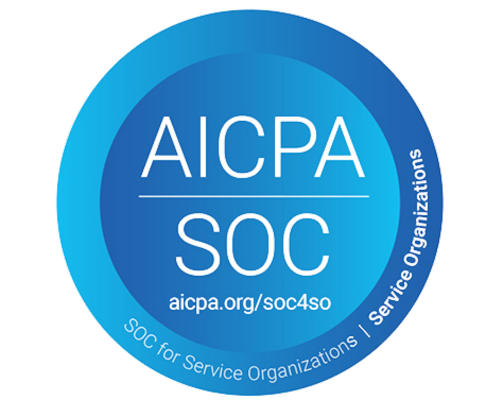Connecticut Pays Off $1.2 Billion Unemployment Trust Fund Loan, Shields Employers from Tax Hikes

In a significant win for Connecticut businesses, Governor Ned Lamont
announced the state's successful repayment of a $1.2 billion Trust Fund loan, covering COVID-19 pandemic-driven unemployment payments. This strategic move ensures that Connecticut employers can sidestep looming federal tax increases, effective January 1, 2024.
Funding Connecticut’s Unemployment Trust Fund
The Unemployment Trust Fund, administered by the Connecticut Department of Labor, is the designated account from which all unemployment benefits are paid. It is funded solely through employer quarterly taxes.
In instances where the Trust Fund encounters funding shortfalls to meet unemployment benefit obligations, the state will resort to borrowing from the federal government. The consequence of such borrowing extends beyond mere financial transactions.
The federal government reserves the right to elevate employer taxes annually for each year they hold the debt. Moreover, employers face an additional financial obligation in the form of an annual special assessment every September, specifically intended to cover the interest payments incurred during the borrowing period.
How Connecticut Achieved Success and Plans to Reach Solvency
Over the past two years, Governor Lamont and the Connecticut General Assembly directed $195 million from the American Rescue Plan Act (ARPA) into the Unemployment Trust Fund and special assessments to mitigate the ongoing financial damage employers faced as a result of the pandemic. This move underscores the state's commitment to stabilizing the economic landscape.
“Connecticut’s private sector has recovered more than 100% of the jobs it lost during the pandemic,” Governor Lamont said. “Building in stability and predictability for employers helps ensure continued growth and hiring.”
Since the loan balance on November 10, 2023, is zero, the minimum federal tax rate for Connecticut employers drops back to $42 per full-time employee per year for tax year 2023. While Connecticut will borrow from the federal government for the Trust Fund over the next couple of years, Trust Fund solvency will be achieved in the future through a series of reforms proposed by Governor Lamont and unanimously enacted by the legislature in 2021 and 2022.
Finding a Partner to Manage Unemployment Claims
As businesses grapple with the aftermath of the pandemic, maintaining financial stability is paramount. Connecticut's proactive decision to repay the Trust Fund loan reflects the state's dedication to supporting employers and fostering economic growth. In this challenging business environment, Unemployment Tracker emerges as an essential companion for companies navigating the complexities of Unemployment Cost Management.
“Connecticut's forward-thinking approach to financial recovery aligns seamlessly with Unemployment Tracker's mission,” says Josh Kendall, Chief Operating Officer of HRlogics UCM. “By leveraging our expertise and the platform's comprehensive solutions, businesses can tackle the nuances of unemployment insurance with industry leaders as their guide to effectively manage unemployment costs and maintain compliance.”
Kendall adds, “As employers seek a stable path forward, HRlogics UCM stands out as a reliable partner, offering transparency, accuracy, and efficiency in the complex realm of Unemployment Cost Management.”
HRlogics UCM offers cutting-edge tools and
services designed to streamline in-house claims management, thereby relieving businesses of the administrative burdens associated with unemployment claims and ultimately, reducing tax liability to impact the businesses’ bottom line.
HRlogics UCM Is Your Partner for a Stable Financial Future
With expertise, specialization, and a focus on protecting their bottom line, HRlogics UCM (Unemployment Cost Management) ensures that employers not only comply with regulations but also save costs efficiently. Through innovative platform's advanced technology, coupled with seasoned experts HRlogics UCM positions it as an invaluable asset for businesses aiming to navigate the intricate unemployment landscape successfully.
Discover how partnering with HRlogics UCM can help stabilize your financial future.
Contact us today to learn more!
Have Questions or Need More Information?





